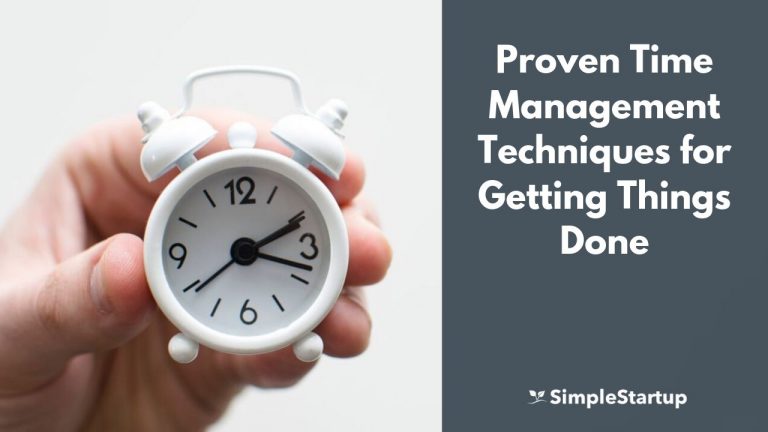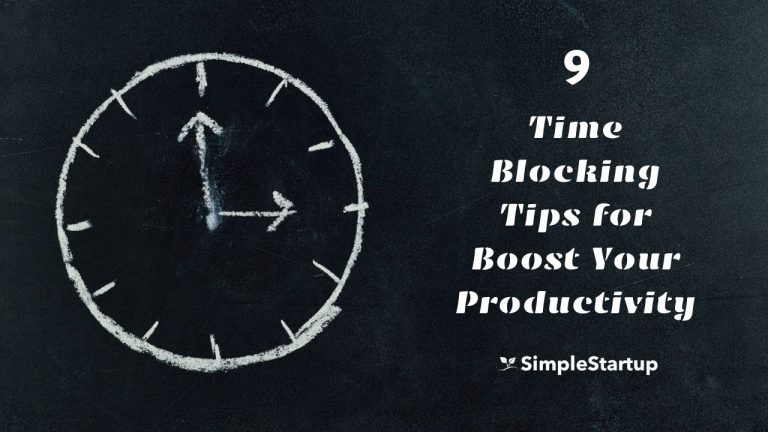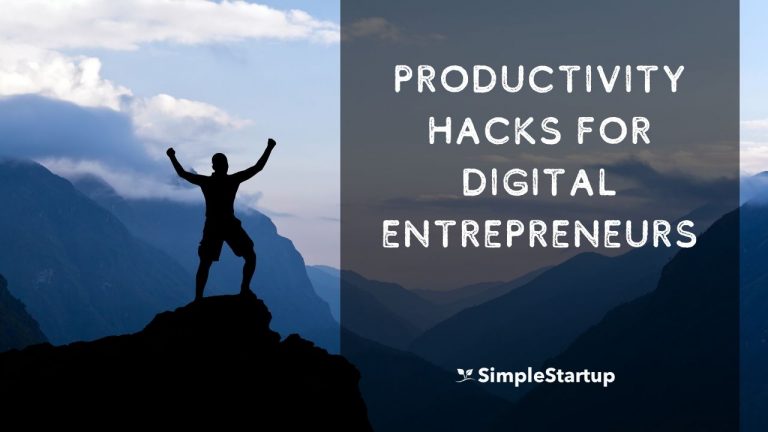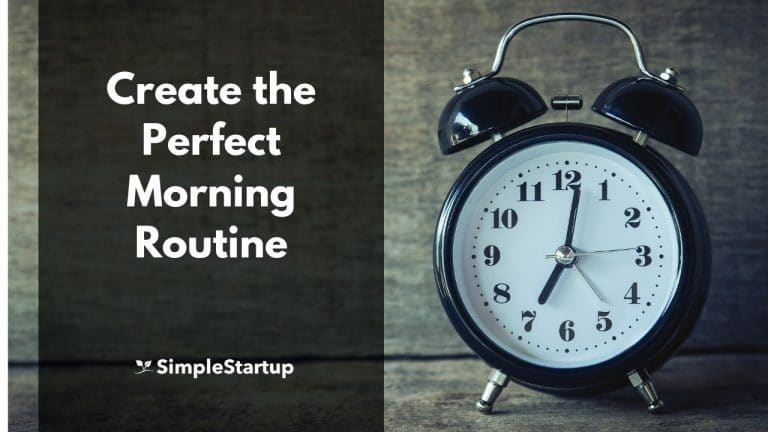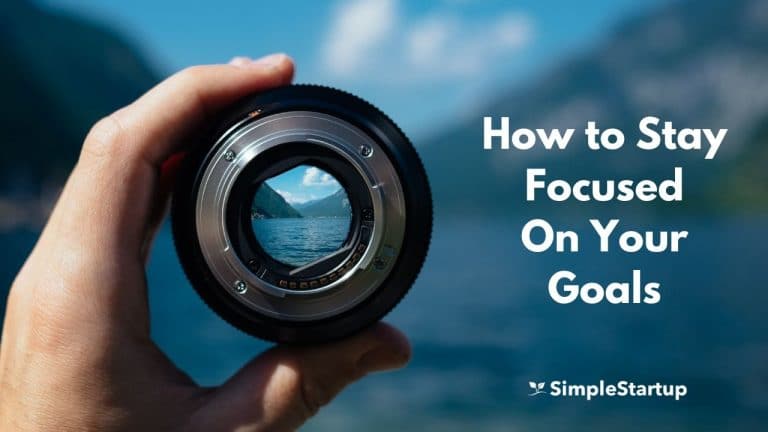
Do you want to read a lot more books, but find it challenging staying consistent or finding enough time?
If that’s the case, you’re not alone. The average person in America reads only 2-3 books per year.
That’s fine if you want to absorb a few new ideas every year. But if you’re serious about learning and improving yourself, then you likely want to read a lot more than just a few books a year.
If you want to take your reading game to the next level, then I’m going to share my best tips on how to read a book a week (without losing comprehension).
Why should you read a book a week?
There’s many benefits to reading more books, but here’s a few:
- Reading one book every week is one of one the best ways to learn and acquire knowledge in a short time. Most authors put a lot of time and thought into writing each book, so you’re getting a condensed version of their thoughts on a particular topic.
- If you’re a writer, then you probably know it’s important to read a lot. Reading frequently and widely on various topics will help you become familiar with good writing.
- Reading books can also help you enhance your vocabulary. In every book that you read, there’s likely many new words that you can add to your list of words to master.
How long does it take to read a book a week?
If you read for 30 minutes per day, then you can read about 1 book per week.
The average book length is 60,000 words for a non-fiction, so if you’re reading 300 words per minute, then you can read 9000 words in 30 minutes.
Also, some books are much shorter so you can read them in half the time.
There’s some books on Kindle Unlimited that I’ll buy that are only 20000 words or less and I can finish them in 1 or 2 reading sessions. If that’s the case, then you can either read more than 1 book per week, or you can spend 15-20 minutes reading per day until you finish the book.
1. Calculate the number of books you want to read
Before you start on your reading journey, it’s important to first calculate the number of books you want to read in your lifetime. This will give you a 30,000 foot view. As Stephen Covey said, “start with the end in mind”. If you know where you’re headed, then you have a greater chance to get there.
As I mentioned earlier, the average person reads only 2-3 books per year. But the average CEO reads 4-5 books per month which is a drastic difference.
If you read only 2 books per year, and you were to live another 40 years, then that’s only 80 more books that you’d read.
However, if you read 52 books per year, you’d read another 2080 books. That’s 2000 more books than the average person!
Think about all the different types of books you could read in that time if you were to read a book per week for the rest of your life. But by reading less than 100 books, you limit yourself to reading a select number of books.
So first, make sure to figure out how many books you want to read throughout your life. Then you’ll know exactly how many books to read each week so that you stay on track.
2. Make Time
With our busy schedules, constant distractions and limited energy and will power, it can be a challenge to find time to read.
But if you’re serious about learning, then it’s important to make time each day to read.
Pick a time when you can read uninterrupted for at least 30 minutes. That means you might need to wake up 30 minutes earlier so you can get reading in before work, or 30 minutes before bed.
If that doesn’t work, you’ll need to give up some other activity to get your reading in for the day. For example, if you watch a Netflix show for an hour every day, then perhaps you can replace one episode with a reading session.
3. Create Highlights
Reading a book from start to finish doesn’t mean that you’ve comprehended everything.
That’s why it’s important to highlight as you go. While I’m reading, I’ll highlight any quote, stat, or insight that stands out.
You can use Readwise to sync your highlights. Each day, you’ll get 5 highlights from Readwise in your inbox with your highlights. This is a great way to revisit your highlights and retain more information.
4. Use a Kindle
Ever since I bought a Kindle Paperwhite, my reading productivity has improved. Before using Kindle, I’d use my phone to read each night before bed for an hour or so.
But now that I have the Kindle, I’m able to get more reading done in less time. The Kindle is much more responsive in terms of highlighting so I’m able to be more efficient with it.
Reading with the Kindle is much easier on the eyes. Since the Kindle uses e-ink it’s much more like reading a physical book so they won’t strain as much.
If you find it challenging to read books on your phone or desktop, then I’d recommend trying a Kindle Paperwhite.
It’s easy to get distracted by notifications and apps when you’re reading on your phone or desktop. So Kindle Paperwhite can help you stay focused on reading. Put your phone in the other room so that all you need to do is read for that time.
5. Move on to another book
If you find that reading a particular book is not keeping your attention and you lose interest in it, then don’t think you need to finish it. Move on to another book.
There’s virtually an unlimited amount of books you can read, and you can’t read them all, so don’t think you need to finish every book. Only read books that are interesting and well written. Otherwise move on.
6. Read at the same time every day
It’s much easier to read consistently every day if you read at the same time. If you’re reading sporadically throughout the day or at random times, then you’ll be much more likely to skip a session and before you know it, it’s the end of the week and no reading has been done.
So schedule a time — morning, afternoon, before bed time, and so on — and stick to it for at least 30 days or until it becomes part of your routine.
Also, you don’t have to start reading for 30 minutes. Start reading for just 5-10 minutes or a certain percentage at first. For example, if you’re just starting, you can choose to read 5% the first day. Then work up to reading 15% per day until you complete the book.
7. Improve Your Reading Speed
If you could double your reading speed, how much more productive do you think you’d be each week? You’d be able to read more books and articles and save a lot of time consuming them.
Before you learn how to read faster, it’s important to develop a baseline reading speed.
Know your reading speed:
To find your reading speed, get a physical book and go to the start of the book or chapter. To get the most accuracy, make sure to read for full comprehension.
Set a timer for 2 minutes and then start reading until the the timer goes off. Now count the number of lines that you read in 2 minutes.
Now, divide the number of lines by 2. For example, if you read 40 lines in 2 minutes, then your lines per minute would be 20.
Now calculate the average number of words per line. Count 3 lines and get the average number of words. For example, if one line is 12, another is 10 and another is 13, then the average would be about 12 words per line (you can round up).
Now multiply the number of lines per minute by the words per line.
For example, if your lines per minute is 20, and words per line is 12, then multiply 20×12. That would give you 240 words per minute reading speed.
Now here’s some tips to read faster:
- Don’t vocalize and read word by word. Focus on blocks of words at a time.
- Use your finger as a guide as you read each line.
Like any other skill, it’s important to be intentional about improving your reading speed. By deliberately practicing, you’ll be able to double or triple your reading speed in a short time.
Although reading comprehension is important, it’s unlikely that you’ll remember everything that you read. That’s why it’s more important to highlight anything that stands out as you read. You can always go back to review your highlights in Readwise or Kindle. Readwise will also help you practice space repetition by showing the most important highlights frequently.
8. Create a Reading Mix Playlist
Although reading in silence is how most people prefer reading, listening to certain types of music like classical, instrumentals, ambient, and electronic can enhance your reading.
If you’re a music person, I’d suggest creating a reading playlist in Spotify.
You can also use brain.fm’s “focus” library to listen to music that will enhance your concentration while you read.
9. Listen to Audiobooks
There’s many times throughout the day that you’re not going to be able to use your phone such as when you’re driving, cleaning, walking, doing groceries and so on.
This is where audiobooks can come in handy. By listening to audiobooks during these times you’ll be able to get your reading done for the week.
I’ll usually only listen to audiobooks that are short (4-5 hours long) so that I can read an extra book per week. I’ll also increase the speed to 1.25x.
Conclusion
Reading a book a week is ambitious, but it’s achievable if you apply some of the tips in this article. Try your best to establish a reading habit for at least 30 days and see how it improves your life.

